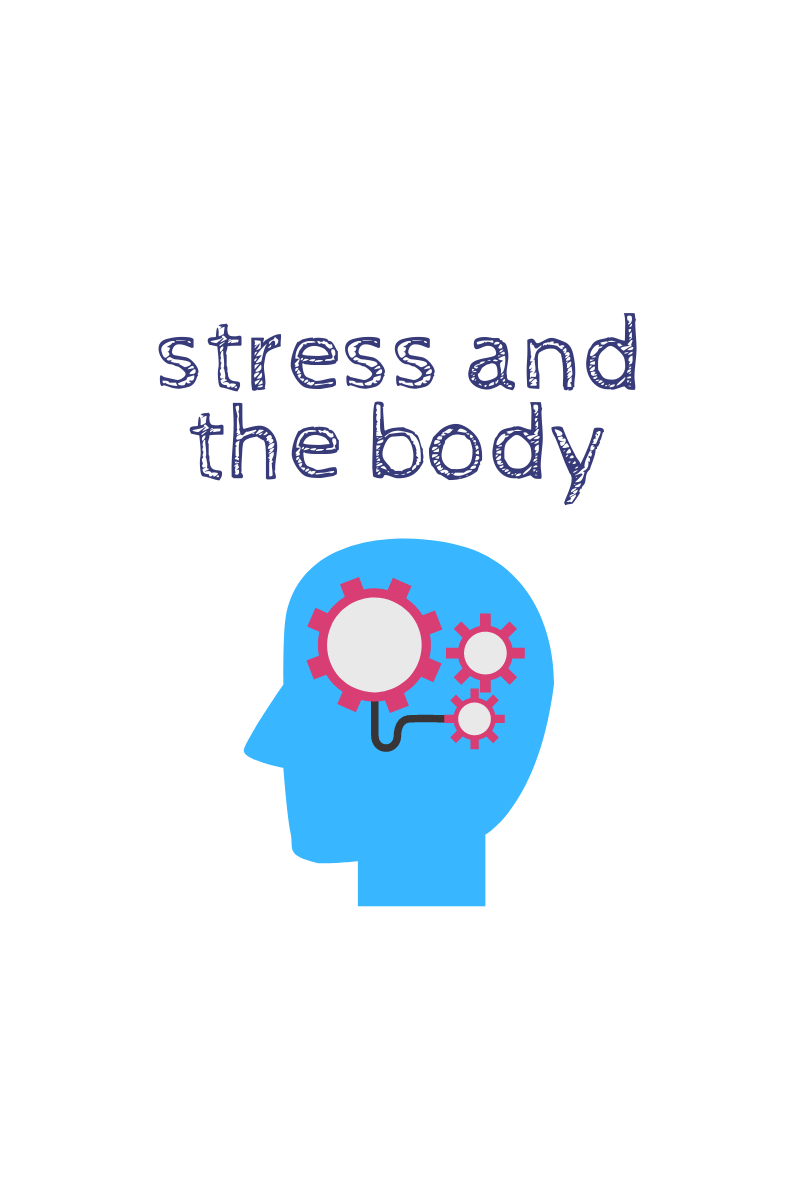blog

Brain fog is not just in your head.
Brain fog" was not a term I heard often in my practice until a few years ago. It's now a frequent, and often frustrating, concern that patients bring. The term first appeared in scientific literature in 2004, with a dramatic uptick in the last two years. Perhaps this symptom is becoming more common, perhaps the language now used to describe it has consolidated, perhaps science is becoming more adept at measuring it, or maybe all three.

Feeling better when you’re stressed
What does chronic emotional and psychological stress do to the body? Why are doctors always telling us to manage stress better? Is managing stress really that important to health and well-being? How do I even go about “stress relief”? What are some stress management tips? These are questions I hear all the time, and I’m going to dig in, so get a cup of herbal tea and settle in for a good read!
When our brain perceives a stressor, our body reacts. This is on purpose: the autonomic nervous system allows the body to respond when something requires us to react to protect ourselves.

What’s the deal with inflammation?
The word inflammation comes from the Latin inflammo, meaning blaze or burn, and is defined in biology as "the immune system's response to stimulus." It's a complex biological process involving molecules, cells, blood vessels, the nervous system, and the microbiome. Inflammation is helpful in defending and healing the body from illness and injury, and in creating positive adaptations to stressors-- but sometimes it goes awry.

Common, but not normal
What you are experiencing is common (you're not weird, you're not alone!) but it isn't normal (it's not the way bodies function at their best and you're not necessarily stuck with it). Or: you're not broken, but we can work on getting you better.
